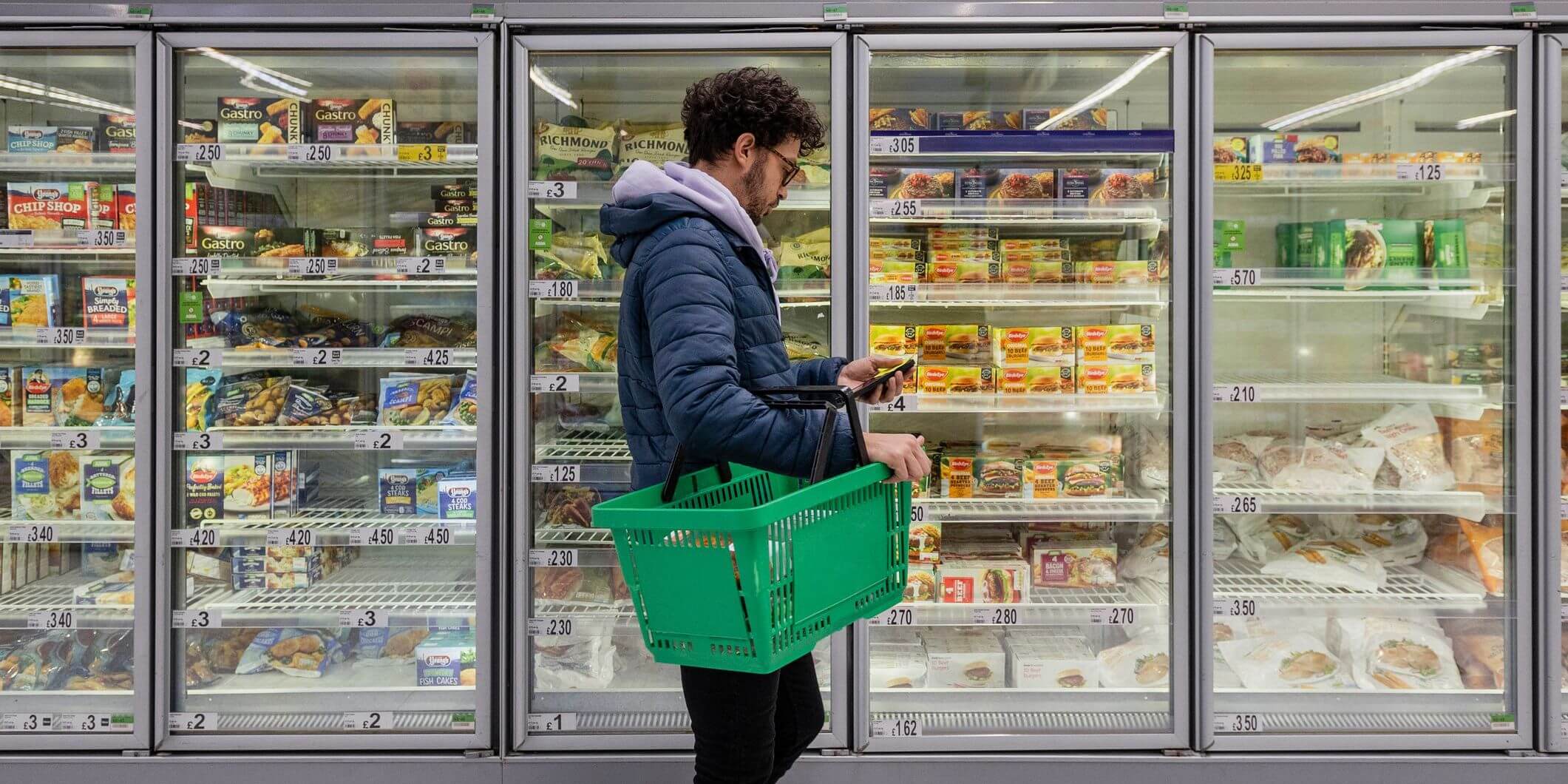SNAP Cuts Threaten Food Security for California’s College Students
By Jennifer Hogg

On May 22, 2025, the U.S. House of Representatives passed a budget reconciliation bill that would cut $300 billion from SNAP, the country’s main food benefits program. Specifically, the bill would increase work requirements to participate and would shift costs from the federal government to the states. Because states must balance their budgets, they would face tough choices: either shift funds from other priorities to cover these new SNAP costs or scale back the program. The bill is now with the U.S. Senate, which may revise it before voting to send it to the president for approval.
Nearly one in seven Californians depend on SNAP (called CalFresh in California) to help pay for food. SNAP supports people across all ages and life circumstances. One group that could be hit especially hard—yet is often overlooked in SNAP debates—is college students.
Historically, Congress and the public have been skeptical of the idea of providing public benefits like SNAP for college students. The stereotypical college student—young, supported by family, and focused solely on academics—is seen as not needing public benefits. However, this stereotype no longer reflects the norm. In reality, many students are older, working, parenting, and coming from low-income families. And, two thirds of college students in California report struggling to afford adequate food.
Attending college may require scaling back on work temporarily, which can strain students’ ability to pay for basic needs like housing, food, and transportation. This can result in painful trade-offs between studying and working extended hours to afford basic needs. This financial strain could be exacerbated by proposed federal changes to financial aid, including the elimination of loan programs and increased requirements for Pell Grant eligibility.
Food insecurity among college students, and college affordability more generally, will likely worsen if Congress reduces funding for SNAP. Under the current policies, more than one in ten California college students participate in CalFresh to help pay for their food. The average monthly benefit for UC undergrads is about $160, and about $123 for California community college students. This support makes attending college more affordable and realistic. If SNAP is rolled back—during a time of high and rising costs for food, housing, and college attendance itself—food insecurity among college students may worsen, along with health and educational outcomes.
The California Policy Lab will be tracking how these potential policy changes affect college student CalFresh participation, benefits amounts, and student outcomes.
Jennifer Hogg is a senior research manager at the California Policy Lab.
